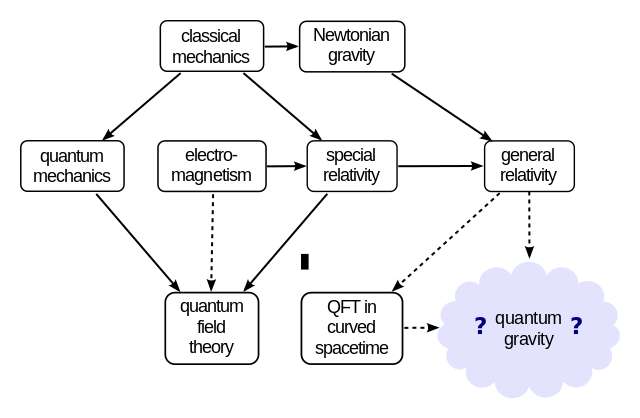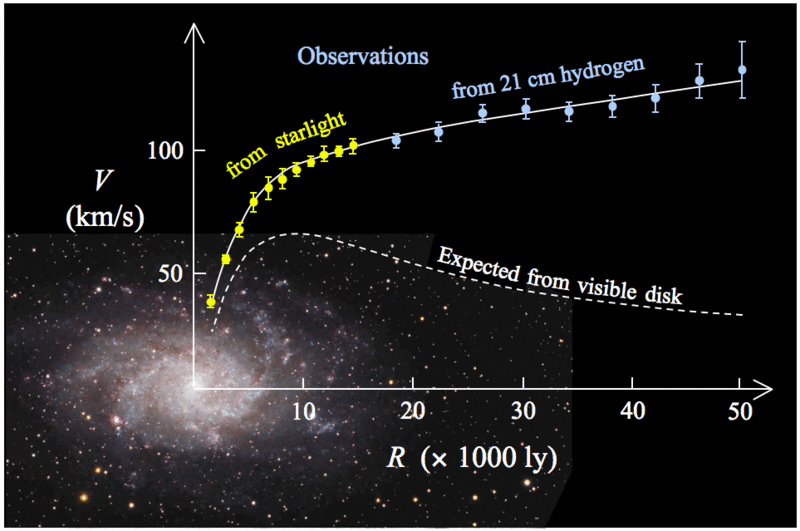The main focus of our research revolves around the weakest of all basic forces: gravity. This is an exciting field of science in which countless scientists and institutions around the world work.
In Potsdam, for example, the Max Planck Institute for Gravitational Physics (Albert-Einstein Institute) is working on questions relating to gravity.
Also, in Bremen, at ZARM (Center for Applied Space Technology and Microgravity), this area is investigated both experimentally (e.g. in its drop tower) and theoretically in various working groups.
Gravitational research has even made it into space, for example in the form of satellite experiments such as MICROSCOPE [1] or STE-QUEST [2] – two experiments that investigate the question of how well the so-called equivalence principle (often formulated as “gravitational mass equals inertial mass”) can be confirmed.
But what exactly is gravity?
This peculiar force, which keeps us with both feet on the ground and can be clearly experienced by everyone in everyday life, has been intensively researched since Newton, i.e. since the end of the 17th century. Nevertheless, physics in particular, and cosmology in particular, have various conundrums to which science has not yet been able to find a satisfactory answer:
Why, for example, are the two largest and most successful concepts of physics – quantum physics (which describes the very small) and general relativity (which considers huge objects and distances) – so contrary to each other? Why does gravity still stubbornly elude union with the three other basic forces (electromagnetism, the weak force and the strong force) in the standard model of particle physics?

Alternative solutions to existing problems, which try to find new, more satisfactory answers with partly unconventional theoretical and/or experimental approaches have also been proposed.
A prime example of this is the subject of “dark matter”. Scientists around the world have been researching this field for many decades, trying to elicit answers from the universe to the questions of what this new type of matter consists of and how its existence can be irrefutably proven.
Some researchers, however, believe that new or modified gravitational theories could be a key. Currently, the MOND theory (MOND = MOdified Newtonian Dynamics) [3], [4] and the theory of emergent gravity of the Dutch researcher Erik Verlinde [5] stand out. Both theories can explain certain observed cosmological phenomena without the aid of a new matter, i.e. dark matter, but they reach their limits in other observations. However, for the effect of dark energy, a form of energy hypothesized to permeate all of space, they have been unable to provide a compelling explanation or alternative theory.

This question about the essential nature of gravity has been inspiring scientists for centuries to carry out ever new experiments. The spectrum ranges from smaller structures to large international missions.
Where does the GÖDE-Stiftung come into play?
Among all these ideas and experimental set-ups, there are always some that seem to have influenced gravity or provided new insights into the nature of mass.
The GÖDE-Stiftung has set itself the task, in light of the enormous number of such publications or announcements, of subjecting these ideas and experiments to intensive scrutiny and examining them for measurement errors or misinterpretations.
While many of these experiments have already been completed and the experimental results of the respective researchers could have been falsified or explained with common physics, more complex experiments have been developed in recent years which could possibly provide further insight into the nature of gravity.
You can read about the experiments and questions we are currently working on here: https://goede-stiftung.org/en/category/current-research
If you are interested in our work from earlier years, we would like to refer you to our archive.
Literature:
[1] J. Bergé et al.: “Status of MICROSCOPE, a mission to test the Equivalence Principle in space”, Journal of Physics: Conference Series, Vol. 610, conference 1, 2015. [2] D. Aguilera et al.: “STE-QUEST – Test of the Universality of Free Fall Using Cold Atom Interferometry”, Classical and Quantum Gravity, Vol. 31, No. 11, 2014. [3] M. Milgrom: “New Physics at Low Accelerations (MOND): an Alternative to Dark Matter”, AIP Conference Proceedings 1241, 139 (2010). [4] P. Kroupa, M. Pawlowski: “The failures of the standard model of cosmology require a new paradigm”, International Journal of Modern Physics D, Vol. 21, No. 14, 2012. [5] E. Verlinde: “Emergent Gravity and the Dark Universe”, arXiv:1611.02269v2, 2016.